Each module will provide you with specific and targeted learning outcomes to comprehend, develop, assess and implement integrated policy actions.
The course is fully open and visible, with no mandatory registration required to access content. If you are interested in only certain aspects (e.g. methodologies, case study findings), you can freely access the module and content of your interest. The registration is recommended for students and learners who may want to keep track of their progress, take quizzes, and want to gain a certificate of completation.
The course is a practical tool for multiple target audiences.
You can pick and choose the module/s serving best your professional and educational needs, or take the whole course to gain a comprehensive expertise on policy coherence.
Let us know about you in the comment sections of the lessons and get to know your fellow learners.
The approximate time required to complete each module varies depending on the additional resources learners choose to explore and dig into. An average of 3-6 hours are required for each module, with a total estimation of 20-25 hours to complete the whole course.
You will receive a certificate at the end of each module, after completing the relevant quizzes and assessments.
Each module includes:
A brief explanation of the module's content and learning objectives.
What learners are expected to know or be able to do after completing the module.
Each module is structured and divided in sub-modules to cluster the main topic discussed and to build upon previous knowledge.
Within each sub-module, you will find video and written content, plus recommended reading and media resources to enhance learning.
in Marine Policy, Environmental Law & Governance, Social Science, Political Science
Working in the drafting, proposal and implementation of policies at different levels of governance
Assessing EU, national and regional policies; working within the Science-Policy-Society interface

The concurrent achievement/realisation of multiple Green Deal policies and their associated goals and targets.
Policy effectiveness refers to the achievement of the expected policy objectives by the policy’s own measures. This involves comparing the effects and impacts of the measures with its intended objectives. Policy coherence may facilitate policy effectiveness and the other way around, and are thus closely interrelated concepts.
The outcomes the policy sets out to achieve, as specified in the articles of the policy document. Policy objectives may be referred to in policy documents as goals, objectives, targets, commitments, or in other ways. They can be overarching, general, not quantified goals and/or specific quantified targets.
General objectives : The overall goals of a policy, expressed in terms of ‘policy outcome’ or ‘policy impact’. These objectives are often broad goals that are not quantifiable and do not have a specific timeline
Specific objectives: The targets to be achieved to meet the general objectives. Specific objectives are expressed in terms of the direct and short-term results of a policy. Specific objectives tend to be measurable targets with a deadline or a specified time limit and may have associated result indicators.
The term policy is understood in a broad sense, referring to a set of objectives, rules and measures that provide guidance for solving a particular societal issue. In CrossGov, policy encompasses substantive documents such as white papers and strategies as well as specific laws and regulations or directives.
A substantive policy cluster that has formed around societal or sectoral interests. Often, a cluster is managed by specialized institutions and subject to sector-specific path dependencies.
A series of policy phases that are carried out in series and with internal recursive processes in order to manage all aspects of a policy. Its main phases can be synthesised as: policy design and formulation, policy implementation, policy evaluation and adaptation.
How well different policies work together. Coherence can be defined as the extent to which policies reinforce each other by promoting synergies or reducing conflicts between their objectives and measures both in design and implementation.
In CrossGov, the set of policy clusters and their associated policies that directly and indirectly affect the oceans.
The materials, documents and overall content contained in this MOOC were gathered during February to July 2025. Any modifications to regulatory frameworks, policies and mandates occurring after July 2025 will not be reflected in the content provided.

The CrossGov project is funded by the European Union under Grant agreement ID 101060958.
The website content is the sole responsibility of CrossGov project and does not necessarily reflect the views of the European Union.